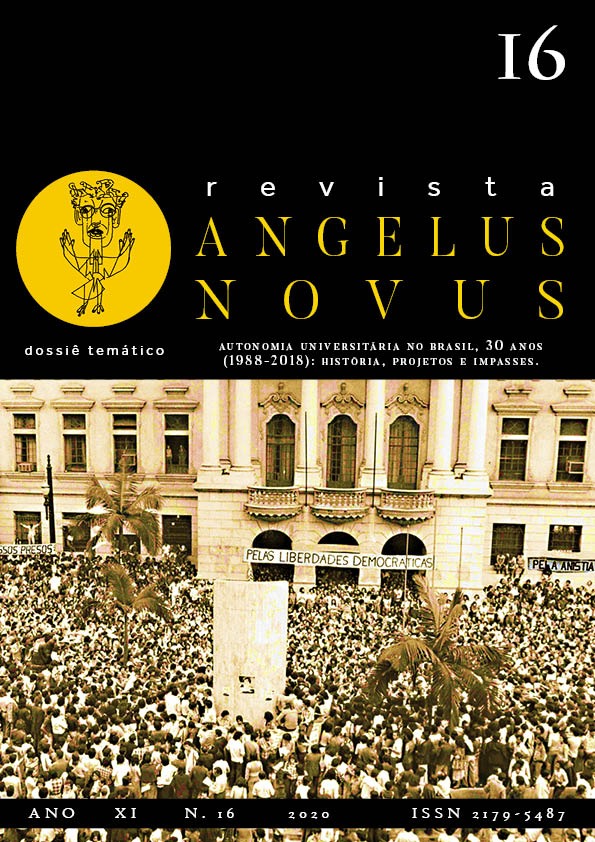Moral Duty and Economy in the Theodicies of Leibniz and Malebranche
DOI:
https://doi.org/10.11606/issn.2179-5487.v16i16p1-26Keywords:
Theodicy, Moral duty, Economy, Divine will, Principle of sufficient reason, Principle of identityAbstract
The article makes an approach to the theodicies of Leibniz and Malebranche focusing on the concepts of “moral duty” and “economy”. From here, the terms under which both philosophers understand divine freedom and the amount of good that must be derived from the rationality to which God submits when he creates the world are calibrated. The Leibnizian model will be studied in the light of the challenges posed by authors such as Hobbes and Spinoza from polarized perspectives to the disjunction between the absolute transcedence of God to his work and the subsumption of divinity to logical-metaphysical prescriptions. It is emphasized, despite Malebranche’s conceptual rigor and the economic essence that he postulates for divinity, there are elements of judgement to maintain that his model contains remmants of revealed theology and voluntarism. Ultimately, it will be assessed to what extent each of these philosophies fit the category of “theodicy”.
Downloads
Downloads
Published
Issue
Section
License
Copyright (c) 2020 Carlos Velasco

This work is licensed under a Creative Commons Attribution-NonCommercial 4.0 International License.
1. Proposta de Política para Periódicos de Acesso Livre
Autores que publicam nesta revista concordam com os seguintes termos:
- Autores mantém os direitos autorais e concedem à revista o direito de primeira publicação, com o trabalho simultaneamente licenciado sob a Creative Commons Attribution License que permitindo o compartilhamento do trabalho com reconhecimento da autoria do trabalho e publicação inicial nesta revista.
- Autores têm autorização para assumir contratos adicionais separadamente, para distribuição não-exclusiva da versão do trabalho publicada nesta revista (ex.: publicar em repositório institucional ou como capítulo de livro), com reconhecimento de autoria e publicação inicial nesta revista.
- Autores têm permissão e são estimulados a publicar e distribuir seu trabalho online (ex.: em repositórios institucionais ou na sua página pessoal) a qualquer ponto antes ou durante o processo editorial, já que isso pode gerar alterações produtivas, bem como aumentar o impacto e a citação do trabalho publicado (Veja O Efeito do Acesso Livre).






